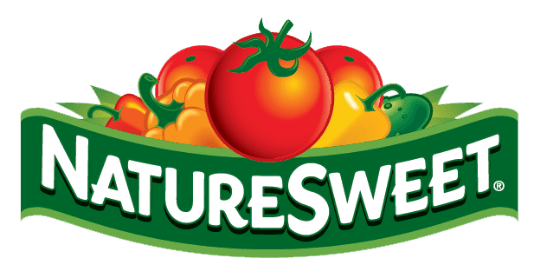You probably already know that vitamin C can help support a healthy immune system. Vitamin C, or ascorbic acid, is a water soluble vitamin that contributes to many functions in the body.
Other than helping your immune system, vitamin C has multiple functions. It helps support healthy collagen, is required to make neurotransmitters, enhances iron absorption, and helps the body make protein.
While all of these are important functions, how exactly does vitamin C help your immune system fight off viruses and bacteria?
Vitamin C and Immunity
One of the most popularly known health benefits of vitamin C is supporting a healthy immune system. So how exactly does it work? Vitamin C can help in many ways, particularly for respiratory illnesses. Research has found it can help reduce the risk of getting a respiratory infection. It can also help lower the severity and the duration of the infection, helping you feel better faster.
This is how it works to fight off common illnesses. Vitamin C is essential for producing white blood cells. Specifically, vitamin C is required for the function of a specific type of white blood cells called phagocytes. These specialized cells help kill foreign pathogens in the body.
It also assists in the production and supporting the life of lymphocytes, other critical immune cells. These are the cells that create antibodies to defend against specific types of infections, like the common cold or flu.
While vitamin C won’t cure a respiratory illness or keep you healthy 100% of the time, it can help. Low vitamin C levels in the body may affect the ability of the white blood cells to destroy pathogens.
Vitamin C and Oxidative Stress
Oxidative stress is caused by free radical damage to cells that can lead to inflammation, cancer, and chronic diseases. Antioxidants, such as vitamin C, help reverse the damage of this process and may lower the risk of its harmful effects.
Research has shown that vitamin C intake is also linked to better outcomes for helping lower the risk of high blood pressure, heart disease, dementia, and other chronic diseases.
Not only does vitamin C help fight infectious diseases, like the flu, it can also help lower your risk of chronic diseases as well, keeping you healthy throughout life.
Vitamin C and Skin
Your skin acts as a barrier that helps protect your body from the outside world. Healthy skin is essential for keeping you healthy.
Collagen is the primary protein found in the skin. It helps keep the skin intact. If you do get injured, the body must repair the collagen to help heal the wound.
Vitamin C is required for collagen production. Providing the right nutrients for supporting collagen production and keeping skin healthy may help you stay well.
As you can see, this antioxidant helps support the immune system in so many incredible ways.
Best Sources of Vitamin C
So where can you get vitamin C? Luckily, vitamin C naturally found in fruits and vegetables such as oranges, tomatoes, bell peppers, and more. If you eat the recommended 5-9 servings of fruits and veggies daily, it is easy to meet your vitamin C needs and support your immune system.
Oranges are probably the first vitamin C-rich food that most people think of, but citrus is definitely not the only food rich in vitamin C. There are lots of other sources!
Tomatoes are an excellent source, including the Eclipse tomato – with a bolder flavor and even more vitamin C content. Other good sources of vitamin C include bell peppers, broccoli, guava, grapefruit, strawberries, spinach, and more.
Eating multiple servings of fruits and vegetables will help you meet your daily goal. The RDA, Recommended Dietary Allowance, recommends the average, non-smoking adult male and female should aim for at least 90 mg and 75 mg daily, respectively. One small tomato, like the Eclipse, provides 25% of your RDA or about 22 mg.
To optimize your intake of vitamin C, limit cooking these foods under high heat. Vitamin C can be damaged in hot temperatures. This doesn’t mean you can never cook your veggies, just choose a combination of raw and cooked.
There is no need to limit your intake of vitamin C-rich foods to just the RDA. Consuming higher than the RDA has been linked to lower risk of cardiovascular disease and may support your immune system.
To help support optimal immune function, aim to eat a variety of vitamin C-rich foods daily. These foods are loaded with vitamin C and other nutrients to help you feel your absolute best.

